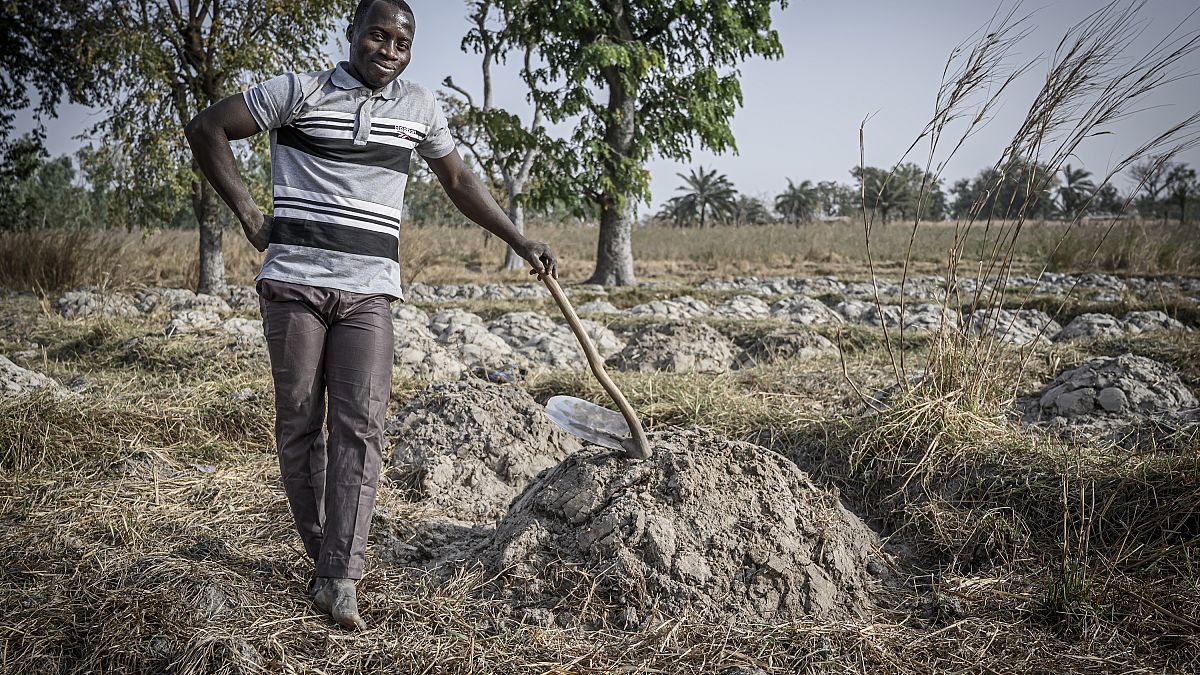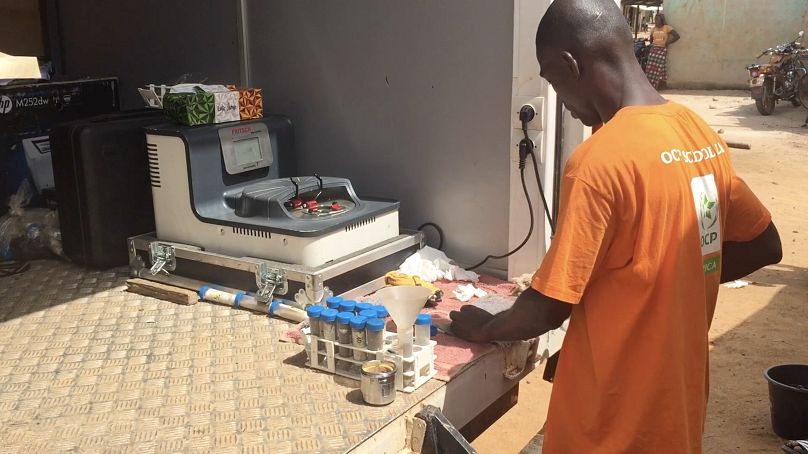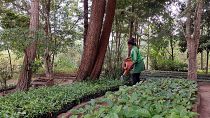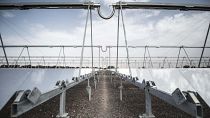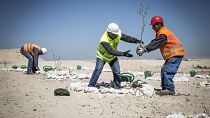Can Africa become the world’s breadbasket? Morocco’s OCP Group, a global leader in plant nutrition and the largest producer of phosphate-based fertilisers, is sure it can.
Around 65 per cent of the planet’s land that is still arable is found in Africa, and yet it relies heavily on imports. At a time when global food availability is being questioned, OCP believes the continent could hold the key to future food security. In fact, it has taken on a role to facilitate Africa’s ability not only to feed itself, but also the world.
This is not an easy task – it requires a holistic approach and the collaboration of institutions and governments at national and international levels. The private and public sectors need to join forces to develop sustainable and intelligent solutions that leverage the potential of small producers.
However, the real power to transform agriculture on such a grand scale lies in the hands of the 33 million smallholder farmers who grow 80 per cent of Africa’s sub-Saharan food supply. OCP is working closely with these farmers to increase yields sustainably.
“We are seeing the beginning of a green revolution in Africa,” says OCP’s chairman and CEO, Mostafa Terrab. “In contrast to ill-informed misconceptions, Africa will be the locus of solutions for global food security challenges. We are seeing a significant upward trend as we all strive to harness our continent’s natural resources.”
OCP’s core business is the production and supply of fertiliser, but the Group’s role in the sustainable development of African agriculture extends far beyond that. Through a range of market development, educational and research programmes, OCP supports African smallholders’ transition from subsistence farming to commercial agriculture.
Key to improving the health and productivity of African soils is the supply of customised fertiliser, and this forms the backbone of OCP’s strategy, which promotes a ‘4R approach’: using the right fertiliser, at the right rate, at the right time and in the right place.
Farmers are encouraged to use resource-efficient products to increase yields, and to provide feedback to OCP so that it can continuously improve its product and usage guidance. By understanding farmers’ needs and the characteristics of different soils (via its soil mapping), OCP is able to create bespoke fertilizer blends for maximum yields.
So far, the Group has mapped 29 million hectares of soil in nine African countries, introducing 11 bespoke formulas and improving upon 23 others. This has resulted in yield increases of 23 per cent for potatoes in Rwanda; 24 per cent for maize in Nigeria; 37 per cent for maize in Ethiopia and a 35 per cent increase in rice yield in Ghana.
To further improve fertiliser supply for its customised blends, OCP is investing in new production plants close to major agricultural basins and supporting new local distribution networks.
Fertilisers are fundamental, but other key improvements are vital to bringing agricultural productivity in Africa to its full potential. Farmers also need training, better technologies, transportation, access to financial services and properly structured markets to sell their products.
Udongo is a digital platform launched by OCP Africa in 2019, which provides an agri-tech solution to farmers in Nigeria, Ghana, Côte d’Ivoire and Senegal. Via a website and app, it offers knowledge and advice to help farmers grow more. It also includes catalogues of products and services, a management tool and a way to chart farming activities and history.
Another valuable tool in the race to improve smallholders’ productivity is OCP’s Agribooster programme, which links farmers to markets through closed-loop partnerships. Launched in 2018, it has so far helped more than 850,000 farmers to transform their businesses, and the average user has reported yield increases of around 45 per cent.
More than half a million farmers in seven African countries have been helped by the OCP School Lab. It combines live demonstrations and interactive training sessions – advice that might, for example, offer tailored fertiliser recommendations.
Recognising the importance of real-world interaction, one of OCP Africa’s more recent initiatives is the network of Farmer Hubs, designed to offer training and essential equipment. These localised stations have classrooms, offices, water boreholes, soil-testing labs and greenhouses, as well as the products – fertiliser, seeds and agrochemicals – needed for successful farming.
To address current turmoil in the world’s agricultural and commodities markets, caused in large part by the war in the Ukraine, OCP has taken emergency measures to support Africa’s farmers.
“The current geopolitical situation reveals deeper systemic fragilities in global agriculture," says Terrab. "We have to address the challenges facing African farmers, from infrastructure and knowledge to market access and financing. We are glad to be able to do our part and we are thankful for the excellent dialogue and collaboration with the World Bank, the IFC and USAID. There are many other multilateral and development agencies involved in this effort, who have shown leadership and long-term commitment to African development.”
In order to ensure the availability and affordability of fertiliser, the Group has donated 180,000 tonnes of phosphate-based fertilisers to African farmers and sold a further 370,000 tonnes at heavily discounted prices.
The measure is designed to allocate resources to farmers who can make the biggest contribution to food supply in the short to medium term. Around 90 per cent of the donations will go towards staple crops, such as maize, rice and sorghum.
“In the face of this crisis, we realised that we had to deliver practical help as a matter of urgency,” Nada Elmajdoub, executive vice president of performance management at OCP Group, told Reuters.
She added that this requires the Group to radically increase output; OCP has committed to reserving over four million tonnes of fertilisers for African farmers in 2023. This is more than double OCP’s supply to the continent in 2021 and represents over a quarter of OCP’s expected total output. This allocation ensures that the right fertilisers will be available to the whole continent, helping to boost yields for 44 million farmers across 35 countries.
Food security will take much more than the ongoing hard work of farmers. They work within a globally integrated ecosystem, and this is especially true of Africa’s farmers. As an Africa-based company, OCP is committed to helping these farmers to grow more, and more sustainably, in the decades ahead.
